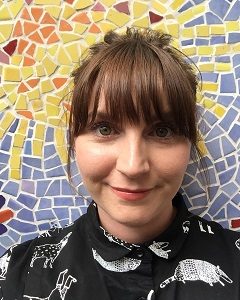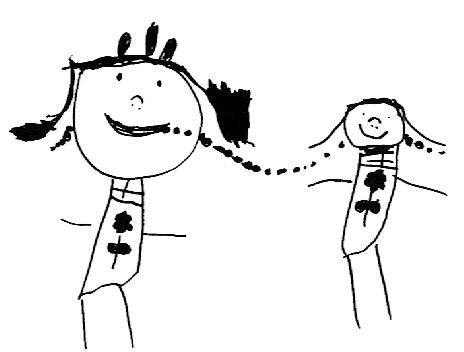Concurrent Session Options
Landscapes of a Wildspace
|
This presentation is targeted at middle primary school teachers or early year’s teachers wanting to see a trajectory of learning. The session will highlight a significant project undertaken by Year 3 and 4 students at Bold Park Community School in 2018. The students were taken on a journey of reconciliation and sense of place when they were invited by Nyoongar Elder, Neville Collard, to explore the history of the ‘Wildspace’ they play in and have custodianship of at the school. The children were immersed in Dreaming stories about the spiritual, cultural and historical footprint left on the sand, mud, and trees they play with, and on, each day. It illuminated to them a strong ‘Sense of Place’ and the responsibility they have on the earth as Sustainability Warriors. The group researched the 40,000-year connection the Nyoongar People have to the land, and how compelled they now feel to honour this connection through art murals to keep the stories of the past alive. Most importantly, they recognised the future of their Wildspace, the special place it has and its need to be protected. This session will also feature an interactive workshop allowing participants to experience and build their own timeline through natural materials and the Arts, as the speakers take them on a journey through history. |
Sue Phillips
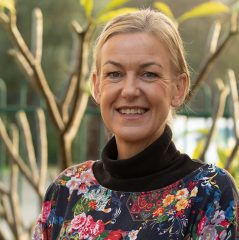
Matt Lambe
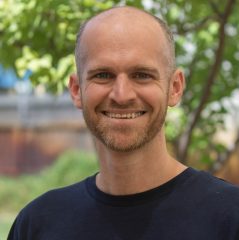
The Courage to Transform: Re-Imagining early learning education through a process of embedding authentic collaboration
A culture of courage and progressive thinking is essential to transformative practice. In this seminar, Kate and Mel will share challenges posed by Professor Carla Rinaldi in reconsidering the word ‘program’. This provocation led to a critical reflection of practices, and research and dialogue led to the creation of ‘Planning for the Possible’, their own progettazione. This exposed other disconnects across the organisational structures and practices of their Centre that needed to be reimagined.
For a team of 30 staff working side by side, it is essential to have a shared understanding of the values that inspire and drive thinking and practice. How can we ensure a common landscape of understanding? What organisational structures are necessary to avoid cultural fragmentation? Are we doing everything we can to ensure the genuine participation of all of the stakeholders in our learning community? How do we embed authentic collaboration?
Transformation only takes place when leaders, educators, and community are prepared to engage in deep critical reflection that can at times be confronting and uncomfortable. Through the documentation of their journey, Kate and Mel will share the processes, tools, and strategies that have supported their transformation. They invite conference delegates to reflect, collaborate and open themselves up to new possibilities in their own practices.
Kate Mount
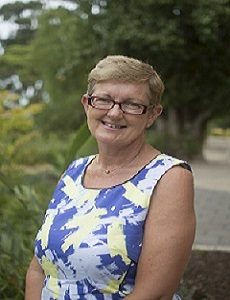
Mel Angel
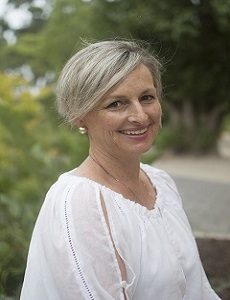
Transforming progettazione for babies
|
An educator’s image of the child is derived from family values and beliefs, culture, the media, and personal educational experiences. These images of the child (and there are hundreds of them) orientate the relationships and progettazione that are designed with, and for, children in early childhood settings. A public declaration of an image of the child is an ethical principle, necessary for debate, exchange, and transformation of practice with families and colleagues. The history of childhood exposes a culture of silence for children. Historically, children were not considered to have rights, and learning and development theories evolved from the pedagogy of care rather than a pedagogy of education. Sadly, the children who have been silenced the most throughout history are those children who do not verbally communicate. This culture of silence, or as Freire suggests, the pedagogy of the oppressed, includes the youngest of children: babies. This presentation addresses the difference between a ‘curriculum’ for babies and ‘progettazione’ for babies. It will challenge participants to reflect on the potential of babies, their attitude towards babies and to consider a process of learning that is dynamic, sensitive to communicative rhythms and which honours and values the establishment of authentic, trusting and respectful relationships. This presentation will appeal to anyone interested in social justice, equity and who recognise children as citizens with rights from birth. |
Priscilla Carmichael
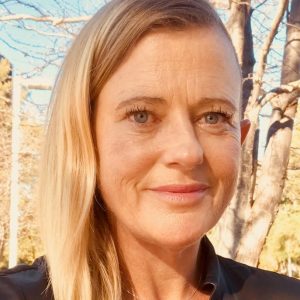
Kerrie O'Neill
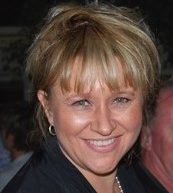
Bronwyn Thomson
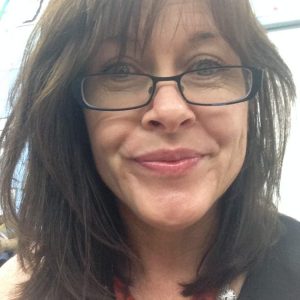
Threads of transformation – connecting our island
|
Commencing in 2017, a project driven by a desire to foster hope, dialogue and a collaborative culture was established by members of the Tasmanian Reggio Emilia Network. Deciding the word ‘together’ embodied these ideas it was offered as a provocation for educators and children to research in their various contexts. After several months, three giant billboards celebrating the journey were installed in the city of Hobart. Wishing to further explore the concept of ‘together’, the network wanted to grow the idea – to connect Tasmania and seek perspectives from across the state. What opportunities were there for the network to continue to transform this project and unite as a community of researchers? In 2018 ‘The Together Project’ morphed into a ‘Journey of Transformation’ – a project which continues to grow and now connects educators in the south, north, and north-west of Tasmania. A project which bravely asks us to see ourselves, the children and families we work alongside, and the processes of learning differently. This presentation, relevant for anybody interested in collaboration and the idea of ‘teacher as researcher’, will share the project’s growth and stories and perspectives from various contexts highlighting the importance of intersubjectivity, vulnerability and challenging our ways of knowing and being. |
Chelsie de Bomford
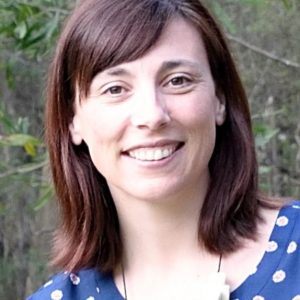
Nellie Gibson
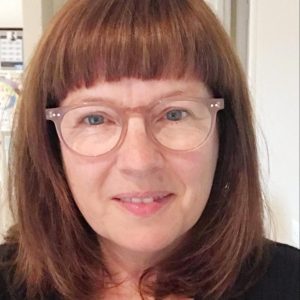
Community Classrooms – Re-searching relationships between place and identity
|
Over the past seven years, Blue Gum Community School – Preschool (Canberra) has been developing relationships with different spaces and people within the greater Canberra community as a part of their Community Classroom program. A Blue Gum venture, that supports exploration of their vision of connecting their community with the wider Canberra community, the community that our students and educators are active citizens in, Community Classrooms, looks at the broader community through a new lens – a lens enabling a view of a variety of settings as ‘classrooms’. Blue Gum’s Community Classroom ventures have seen them explore man-made environments as well as natural environments and the spaces in between. Spaces they have been in research with include the City, The National Arboretum, and local shops, Dickson Wetlands, the National Botanic Gardens, and Mt Majura. This presentation will explore the connection between our relationships with place and the preschool students own identity as citizens. How does a strengths-based philosophy underpin pedagogical engagement with our greater community? How has the choice of spaces and places to research impacted on students’ relationships with Canberra? What are the connections between relationships with place and (students and educators) developing a sense of identity? How have relationships with place evidenced young students understanding of citizenship and responsibilities as citizens? |
Michaeli Hillam
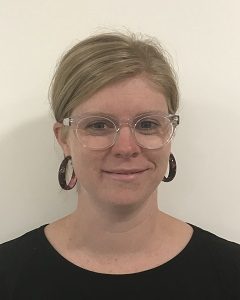
Subhadra Chapman
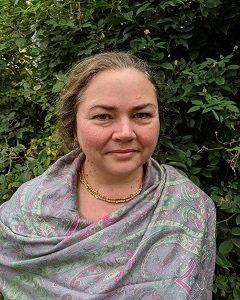
Art & Wonder – Young Children and Contemporary Art
|
The Museum of Contemporary Art, in collaboration with Macquarie University, Mia Mia Child and Family Study Centre, has leveraged research to transform pedagogy in their artist-educator led programs. With a focus on young children’s engagement, learning and responses to regular encounters with contemporary art in the museum, there is an emphasis on building connections and relationships with spaces, materials, artists, artworks and exhibitions. The reflexive reshaping of pedagogy and work with infant toddler pedagogy has also transformed the ways in which other educational programs with older school groups and adults at the gallery are now designed and facilitated. In their workshop the team will engage in practical artist-educator led experiences, as well as consider the wide-reaching impact of very young children’s visibility in a public cultural institution and their participation rights as cultural citizens, notions of reciprocity, the connections between creativity and play and the ways physical and metaphorical open spaces can be created in the context of a large contemporary art museum. |
Clare Britt
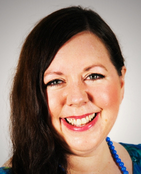
Amanda Palmer
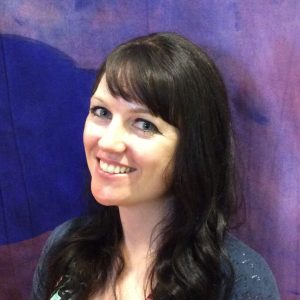
Brook Morgan
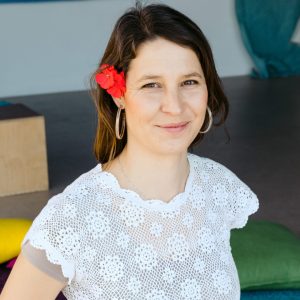
Re-imaging the early years of school
|
Alberton Primary School is one of South Australia’s Collaborative Project’s ‘prototype’ services and was selected to be part of Project Quattro in 2018. They have explored and contextualised the principles of Reggio Emilia with their three to six year olds in ‘The Nest’ over the past ten years. Throughout their participation, the school focused their research on ways to provide continuity of learning for the children as they move through preschool and primary school. Children and adults were researched together, co-constructing theories and understandings about identity and culture and expressing these through the Hundred Languages. By engaging in the process of pedagogical documentation, their own pedagogy and beliefs about learning were challenged and transformed. Educators emerged with a clearer understanding of the competent child, the necessity to listen deeply and trust the child’s ability to lead their own learning. The teachers’ identities were transformed: from an educator whose role was the keeper and deliverer of knowledge, to the competent educator who is confident to follow the child’s lead and understands their role when engaging in co-research with children. In this presentation the school will share their journey, highlighting learnings, struggles, and future direction. The session is aimed at those wanting to extend the principles of Reggio Emilia from preschool to school, focusing on researching with children and documentation. |
Kirsty Arnold
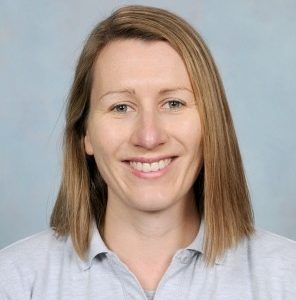
Marilyn Hayward
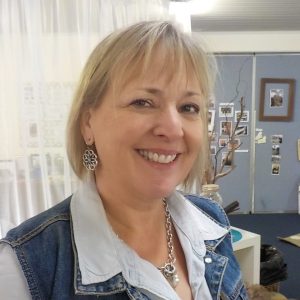
Debbie Mundy
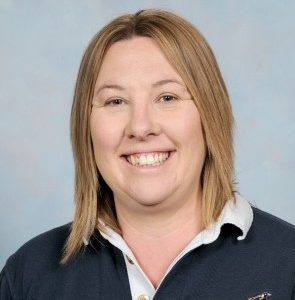
Growing up on Widjabul Wia-bal Country
|
Inspired by quotes from Bruner, Malaguzzi and local Elders, a group of early childhood educators, who grew up not knowing they were on Aboriginal land, embarked on a research project with young children, Elders, Country and others to explore the research question How do we come to know the place where we live, learn and play and how does that shape who we are becoming? This presentation will share Shauna, Melinda and Mim’s intentions, process, documentation, critical reflections and learnings from the year-long dialogue between Reggio Emilia and Widjabul Wia-bal Country, Bundjalung Nation in Lismore, NSW. The team highlights the possibilities and challenges of embarking on a place-based project involving educators with varying engagement with the ideas from Reggio Emilia, within the constraints of time, financial resources, experience and knowledge, balanced with the strong desire to explore what emerges out of our place, on Bundjalung Country, when children and educators encounter, and are coming to know ‘place’. |
Shauna McIntyre
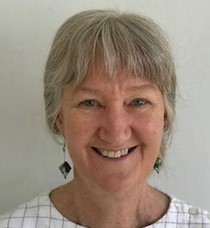
Melinda Gambley
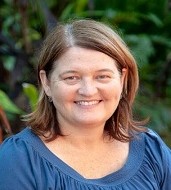
Miriam O'Grady
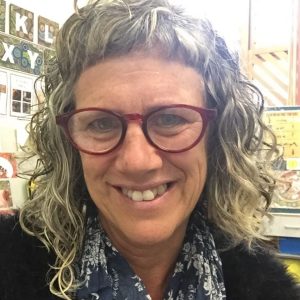
…and now, we see the birds
|
This presentation is for those interested in the process of transformation through progettazione, as interpreted through the eyes of Ruth, Marion, and Deb from Betty Spears Child Care Centre. If you love art, creativity and wonder, you will enjoy this session. The session follows the process of transformation over a two year period, as we encounter ‘dinosaurs turning the future around’, ‘children on a journey through time’, ‘What birds do when we can’t see them’ and much more. The landscape for this transformation, a parent-run community-based day care centre, Betty Spears, is located in Tempe in Sydney’s inner west, on Gadigal Wangle land. The project goal is to transform the image of the child and teacher through progettazione. How might this happen? What changes will transpire? What impact will this have on their learning community? Threaded throughout the presentation, the narratives focus on the voice of the provocateur, inspired by the roles of atelierista and pedagogista, the voice of the educator new to the learnings of Reggio Emilia and the voice of the external commentator, who has engaged with the Reggio project. Join the conversation and discover if the key to transformation might be found through the exchange of dialogues and sharing of identity.
|
Marion Barriere

Ruth Mules
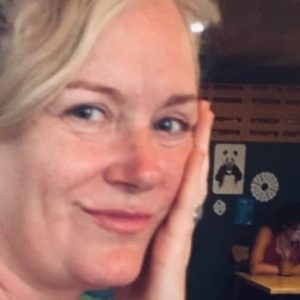
Deb Garrett

The rights of children in alliance with the rights of teachers – transforming classroom communities
In 2018, the Association of Independent Schools of Western Australia invited several early childhood teachers to participate in a research project on children’s rights choreographed by Dr Stefania Giamminuti. The projects presented here investigated the questions:
1. How does building a culture of rights transform our classroom community?
2. How do children and teachers co-construct learning alliances?
Question 1 led a Pre-Primary class to the creation of a Charter of Rights for children, parents and teachers and for ‘The Space’ they inhabit together. The teachers share their inspirational Charter and the impact the investigation has had in transforming environment and pedagogy in their school. They focus on the themes of time and choice that emerged from their research and how these have influenced ongoing pedagogical choices.
Question 2, driven by a teacher’s ongoing struggle with the tensions between the rights of children and the rights of teachers in a Year 1 classroom where curriculum pressures loom large, led to a deeply felt research into the alliances that we build with children and how these transform our daily actions and our pedagogy. These tensions, and the children’s insights will resonate with teachers who encounter these challenges daily.
The presentation will begin with an overview of the Children’s Rights project, followed by the teachers’ own documentation, with an epilogue by Dr. Stefania Giamminuti on the values of research and transformation.
Stefania Giamminuti
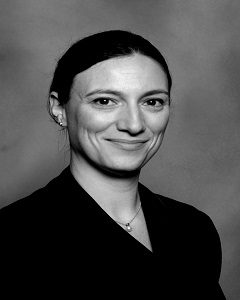
Samantha Wynne
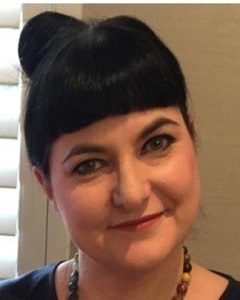
Lara Clark
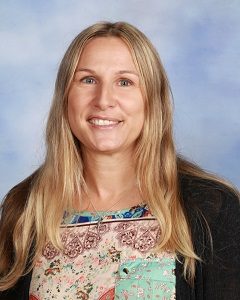
Rebekah Reid
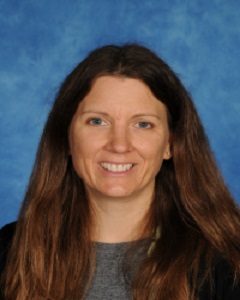
Danica See
